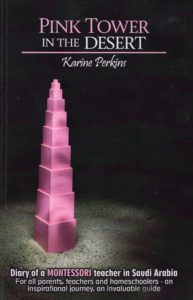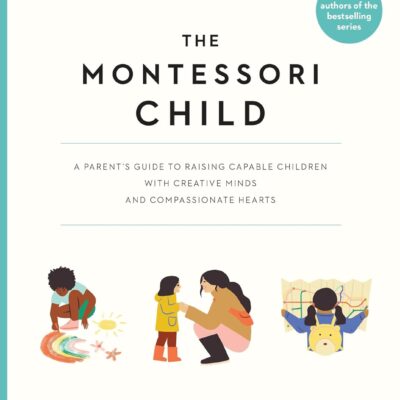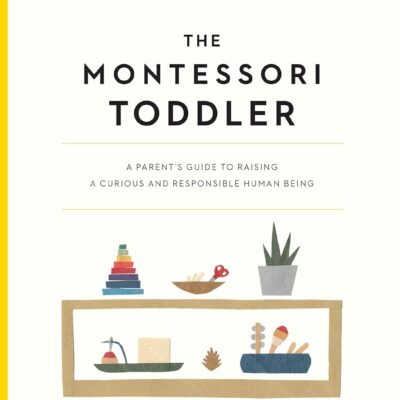 As a book reviewer for the Montessori Foundation’s two publications, I am fully aware that everyone and their cousins are writing books for parents, teachers, and administrators extolling the benefits of a Montessori education, describing the key points of the Montessori philosophy, and comparing the Montessori approach to education versus other more conventional approaches. To be honest, as a person whose lifetime career is Montessori education, I dreaded having to review yet another book for parents and teachers about Montessori.
As a book reviewer for the Montessori Foundation’s two publications, I am fully aware that everyone and their cousins are writing books for parents, teachers, and administrators extolling the benefits of a Montessori education, describing the key points of the Montessori philosophy, and comparing the Montessori approach to education versus other more conventional approaches. To be honest, as a person whose lifetime career is Montessori education, I dreaded having to review yet another book for parents and teachers about Montessori.
However, I found this book to be refreshing in its presentation as the memoir of a Westerner from Europe. Beginning with the author’s struggles as a child, herself, how she set a goal for herself to help children around the world and achieving that goal as a Montessori guide in Saudi Arabia,
Karine Perkins has woven the elements that are included in so many other books on the subject of Montessori into a story of her personal journey and career.
After earning a Bachelor of Education Degree at Oxford University, where she met her husband, teaching in conventional schools in England, receiving her Montessori training and certification, and beginning a family, she finally found employment where? Saudi Arabia. This was a new culture in a different part of the world and the beginning of accomplishing her life’s goal.
So many books that have been written about Montessori these days have chapter titles that are often stiff and repetitive from book to book, such as: Principles of the Montessori System; Creativity and Education; The Impact of Movement in Education; Order in the Environment; etc. In contrast, Ms. Perkins’ chapter titles are intriguing and unique. Here are a few examples: Victory, Biscuits!; Pick Yourself Up!; Goodbye Fatima, Welcome Turmoil!; and more. A person flipping through the table of contents in this book may think, “Wow. I wonder what this is about? This sounds interesting!” And she begins each chapter with a Montessori quote! Pink Tower in the Desert brings interest to an audience that might, otherwise, decline to spend time reading a philosophy-of-education book. It gives the reader a new twist to the presentation of Montessori. ′
Montessori Leadership / January 2018 / p 24






